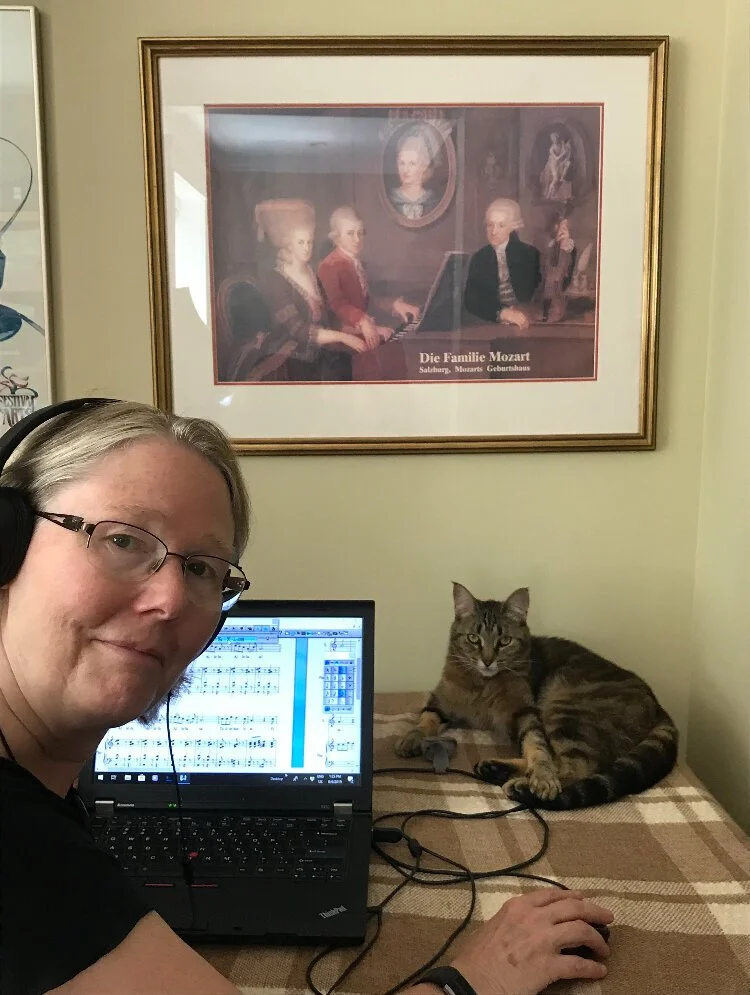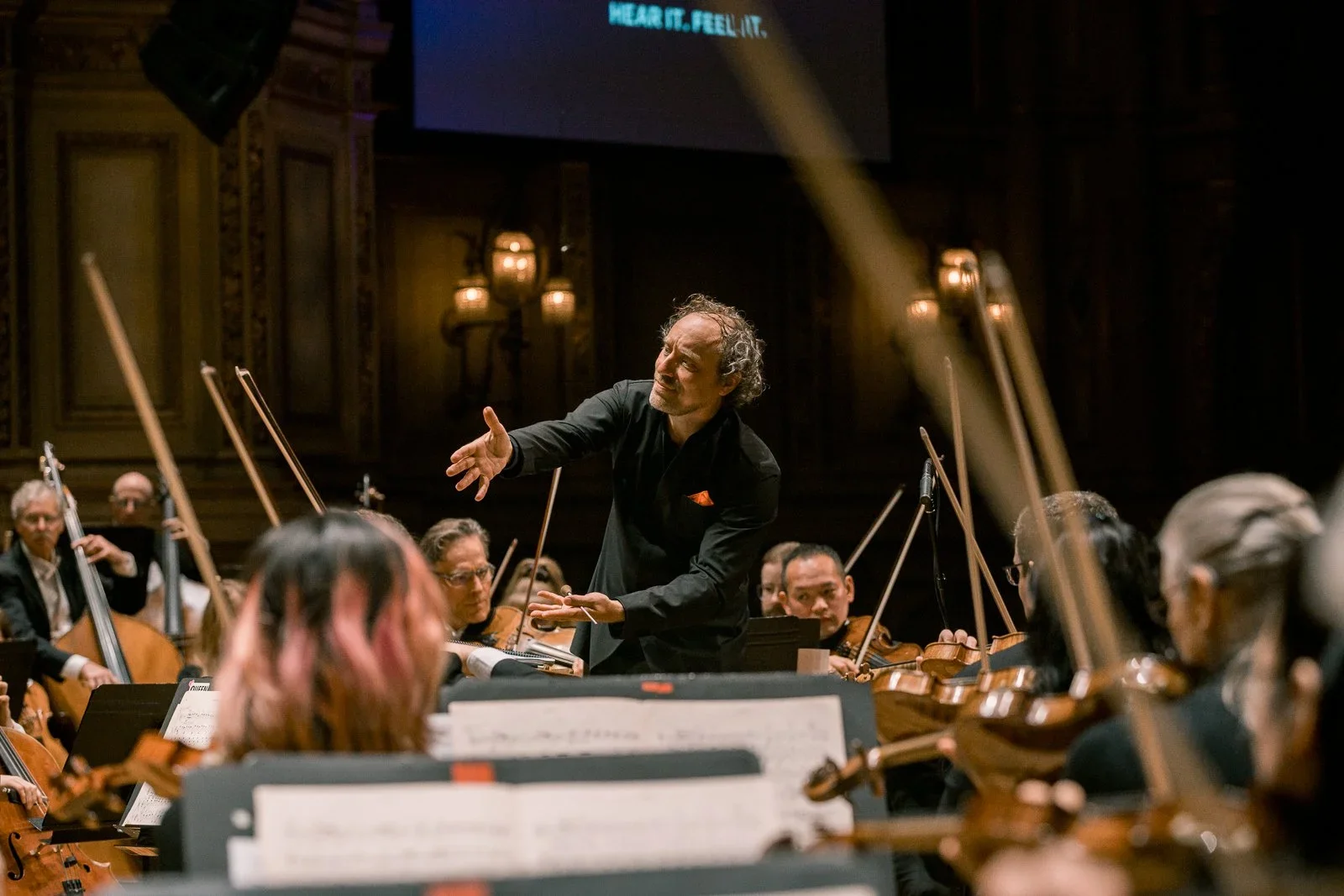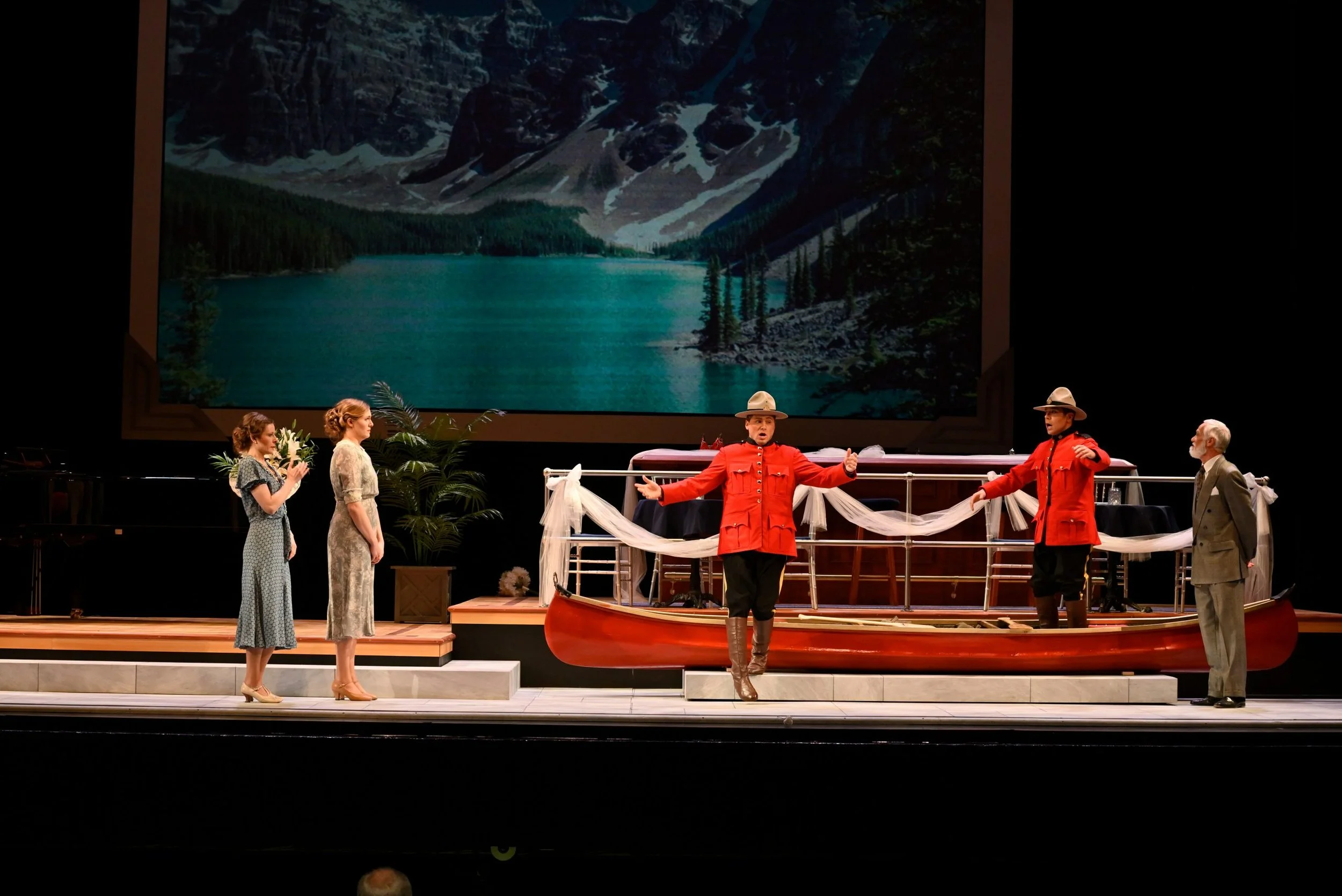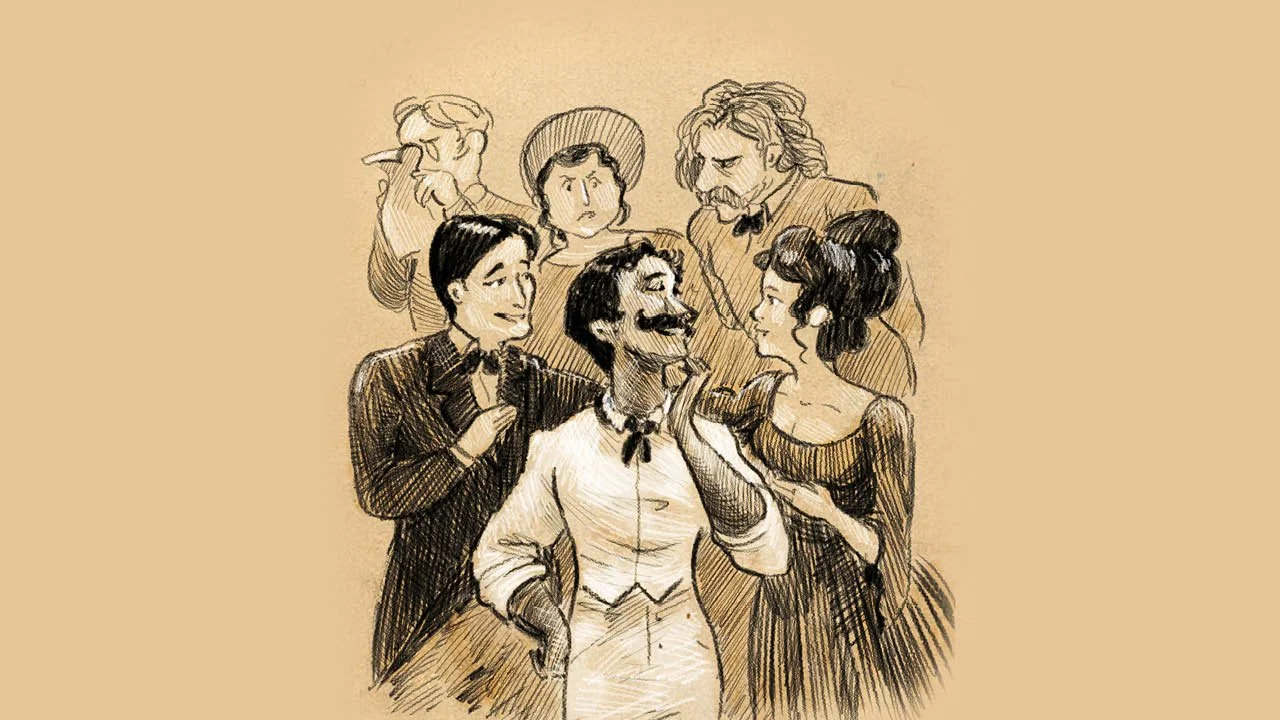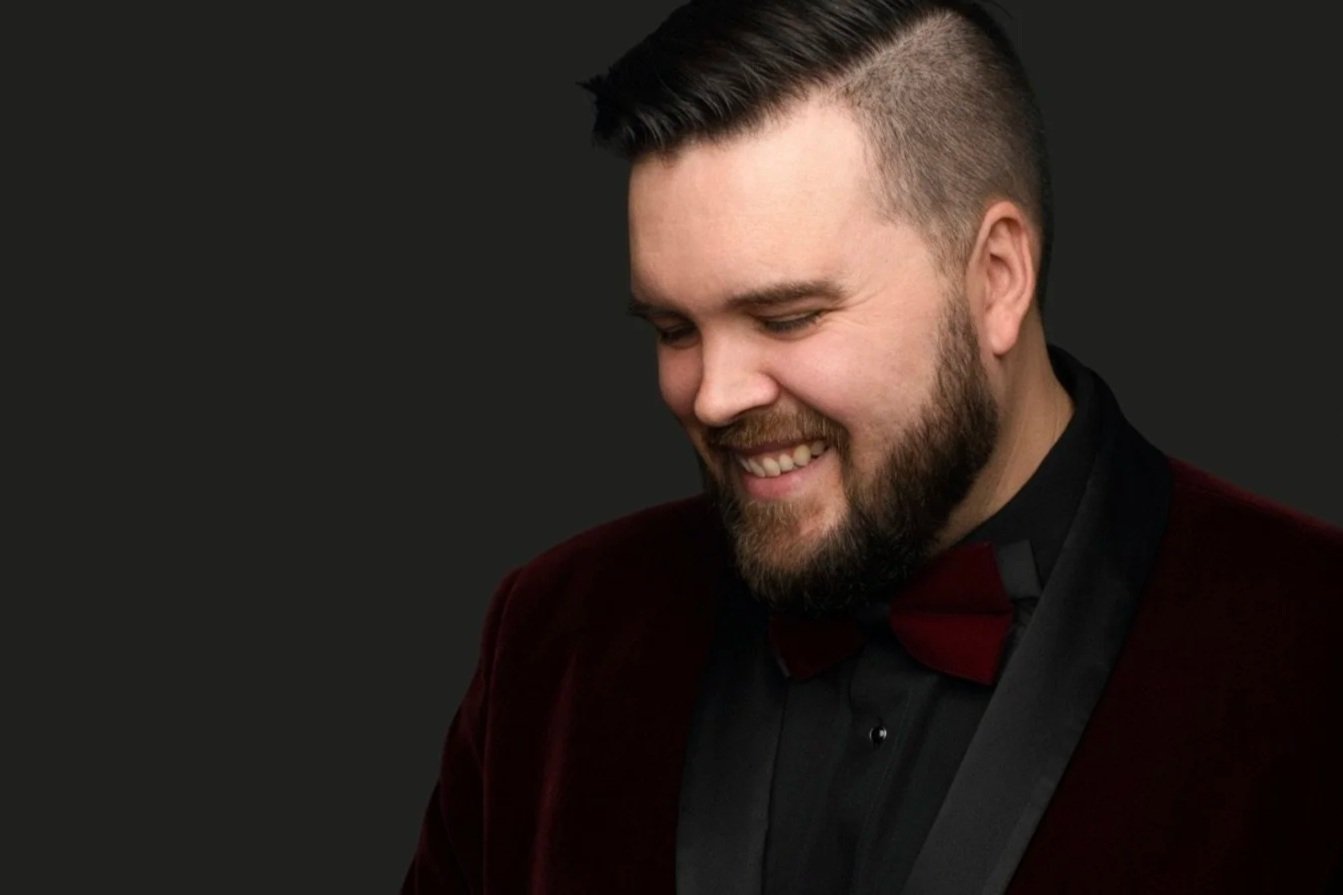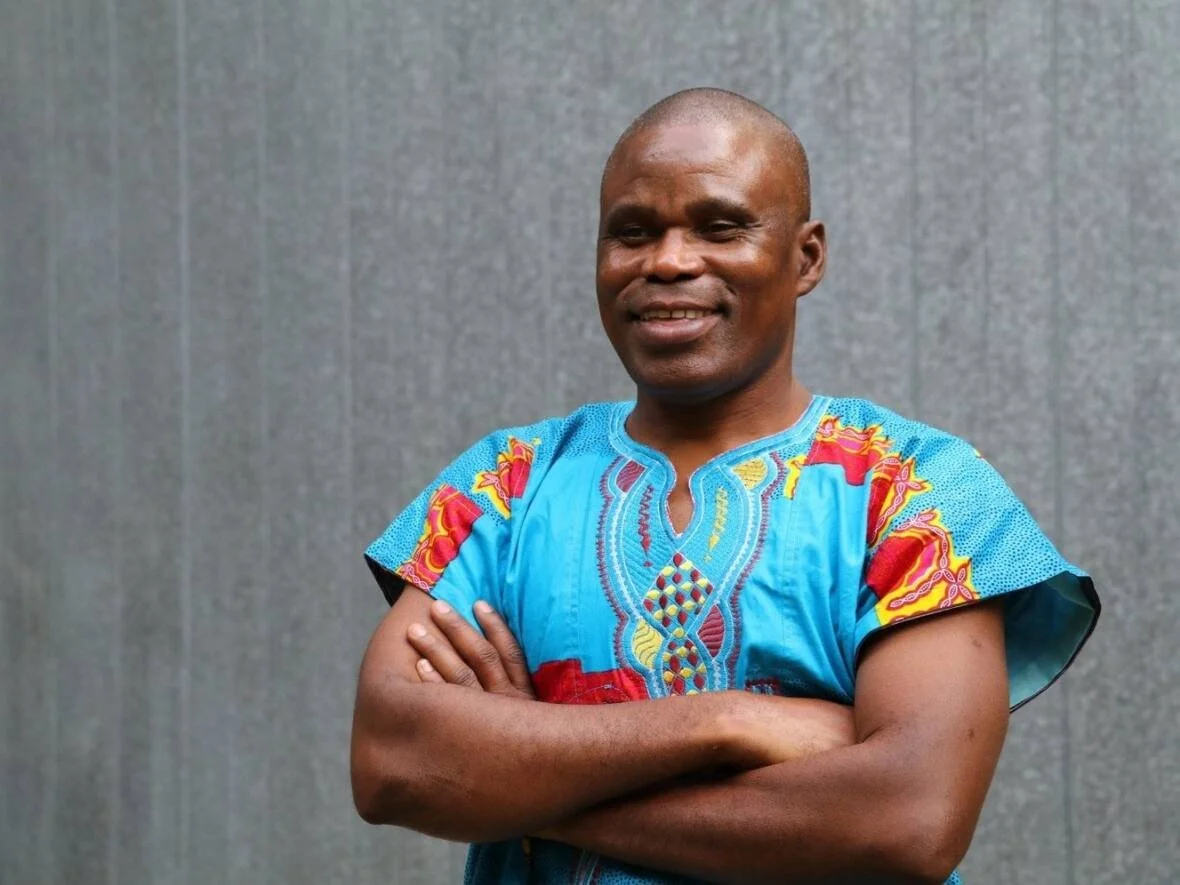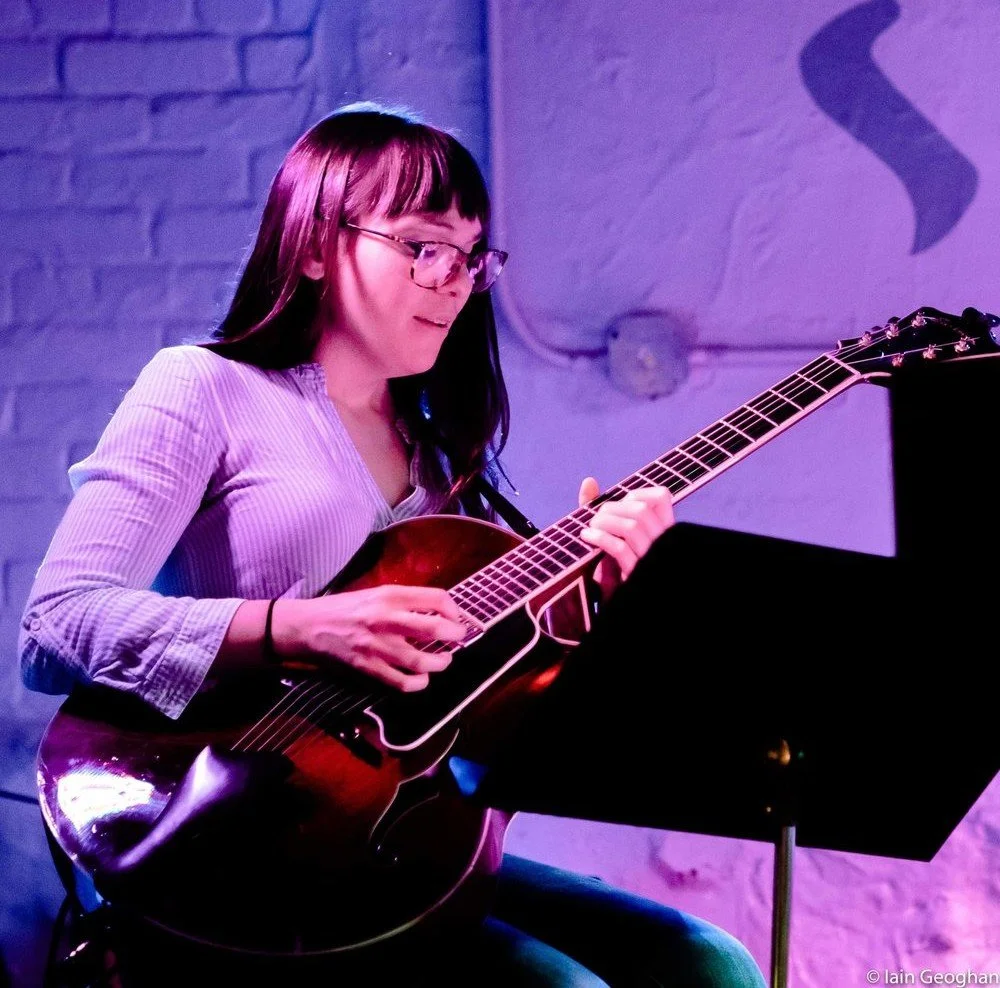For Elektra Women's Choir's At the Spring Dawn, female composers write songs of peace and calm
In concert marking International Women’s Day, Vancouver-based Gerda Blok-Wilson’s meditative harmonies join a contemplative roster
Elektra Women’s Choir.
Gerda Blok-Wilson composing.
Elektra Women’s Choir presents At the Spring Dawn at Pacific Spirit United Church on Sunday, March 10
IN LIGHT OF recent meteorological phenomena, it is possible that the members of the Elektra Women’s Choir are just a little optimistic in titling their upcoming concert At the Spring Dawn on March 10. There may yet be flurries in our future, crocuses and cherry blossoms notwithstanding.
But the event is also tied to International Women’s Day, which happens two days earlier, and there is no doubt that this is a good time for female composers, especially in the field of choral music. It’s not at all hyperbolic to say that the choral world is blossoming, as the social and medical benefits of singing collectively are becoming better understood, and that women are leading the way in the search for global harmony—in the musical sense and otherwise.
Peace, in fact, is one subtext of At the Spring Dawn. The title itself suggests a kind of hushed, hopeful contemplation, and the guest of honour certainly aspired to a peaceful resolution to the strife that has presently engulfed her native land. Ukrainian composer Iryna Alexsiychuk’s “The Song”, which will receive its Canadian premiere at Pacific Spirit United Church on March 10, was co-commissioned by Elektra alongside an assortment of sister organizations. Is it too much to hope that such international collaborations in the arts might point the way to a brighter future?
At the Spring Dawn certainly indicates that there will be more beautiful singing to come. Featured in its roster of composers are Canadians Sherryl Sewepagaham, Frances Farrell, Katerina Gimon, Gerda Blok-Wilson, Kate MacColl, Kathleen Allan, and Marie-Claire Saindon, alongside Joan Szymko, Abbie Betinis, Nancy Grundahl, and Libby Larsen from the United States, as well as Alexsiychuk. Participants in Elektra’s Mira Youth Mentorship program will also join the choir’s veterans on-stage.
It’s a fine mix of emerging and established artists, and in a sense Blok-Wilson, now a Vancouver resident after many years in Prince George, is both. Although she claims to have had a late start, beginning her formal training only after entering Grade 8, she’s actually been around music her entire life. Her parents, emigrants from Holland, were both musical: her father, although not a professional, enjoyed performing on classical guitar, while her mother, a contralto, was a frequent soloist with the Prince George Symphony. And Blok-Wilson had one significant mentor early on: the Latvian-Canadian choral legend Imant Raminsh.
“I sang in some of his groups,” she says. “And, I mean, he was instrumental in my development. I loved his gorgeous harmonies, even as a youth.”
Teaching consumed most of Blok-Wilson’s early adulthood, although she’s led choirs of her own and was also involved in sports mentorship. Composition, however, seemed an unattainable goal for a long time. Once she began to write, however, others quickly took notice.
“I didn’t have the confidence to send the scores on to publishers, or to other choirs,” she explains, “although I did have other choirs hear my choir and say ‘Could we have that score?’”
This was encouraging enough that Blok-Wilson left the Interior for the Coast in 2009, determined to pursue her compositional career. Her first notable success came through pitching her setting of the Charles G.D. Roberts poem “O Little Rose, O Dark Rose” to Chor Leoni. Her offer was quickly accepted.
“So I thought ‘Maybe this is a possibility,’” Blok-Wilson says, laughing. “That was a huge boost, as was meeting Marie-Claire Saindon, who is also another composer with Elektra. She was an influence and sent my music to other places and that sort of thing.”
Some of those other places agreed. International acclaim first came to Blok-Wilson in 2021, when her “Ave Verum Corpus”, a very contemporary-sounding setting of an ancient liturgical text that she composed during the Covid-19 shutdown, won second prize at the annual International Ave Verum Composition Competition, in Baden bei Wien, Austria. It was a significant honour for a piece that also, as Blok-Wilson readily agrees, marked a major expansion of her compositional palette. Whereas her earlier works attracted descriptors such as “sweet”, “consonant”, and “wistful”, “Ave Verum Corpus” adds an air of mystery and some decorous atonality to the mix.
“I have a music friend who says ‘Oh, I actually hear some jazz harmonies in your piece,’” Blok-Wilson reports. “So, yeah, if it hadn’t been for Covid or whatever I may not have written ‘Ave Verum’, but that was just an avenue. So I thought a lot about it: where it would be performed, and where Mozart’s own ‘Ave Verum’ would have been performed, the acoustical situation. I struggled a little with the melody, but the melody comes from my name, Gerda… The main melody works with those notes, G, E, D, A, and R [which in German musical cryptograms denotes G sharp].
“I thought ‘This is fun,’” she adds. “‘This is what composition is about, this kind of fun.’”
Although Blok-Wison was originally intended to contribute a new work to At the Spring Dawn, an administrative slip-up meant that she wasn’t notified in time, and thus in Elektra’s vernal program she’ll be represented by “Ave Verum Corpus”. But this isn’t a bad thing: with its meditative harmonies and the Latin text’s intimations of Easter and resurrection, it’s a perfect fit. ![]()



